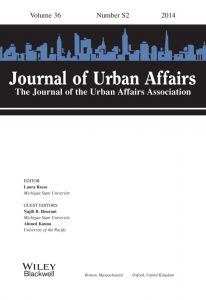Capitalism's meltdown and the Body (II)
Jeff Wall is famous for grand tableaux, which he shoots in sections over several months before stitching together the final image using computer montage. He has been known to spend almost two years on a single picture, with actors and crew to shoot scenes of the everyday. He teases out the myth of reality outside perception to the point that he is able to re-create in studio the ‘decisive moment’ of Cartier-Besson, in which the elements of an external world join together at a decontextualized point, outside time. “There’s a fine line between fact and fiction, between a moment and a perfect representation of that moment” – he said. Jeff Wall’s best work comes from never having to choose.
 I want to use his work here to criticize the idea of performative aspects of identity as expression of never ending exercise of will, disconnected from the web of social practices, context and history, in which they are embedded. In other words, I maintain, practices are not propriety of actors but of the practices themselves. On the other hand, though, there is a sense in which the studio or the laboratory provides a very poor metaphor to be able to capture the complexity of the world: so to say, the body cannot contain all. There is always an emergent element of free-play, a ‘personal authorship’ (Thrift, TwoThousandEight) that comes out from the ongoing creation of affects, through encounters: ‘A non-representational outlook depends upon understanding and working with the everyday as a set of skills, which are highly performative’ (ibidem). In this sense the metaphor of the mime is a pertinent one: the actors are going out in a specific place, they cannot use any words, just facial expression, their bodies and of course objects. We don’t know what and how they are going to perform. And especially what kind of audience they are going to meet: we can only guess.
I want to use his work here to criticize the idea of performative aspects of identity as expression of never ending exercise of will, disconnected from the web of social practices, context and history, in which they are embedded. In other words, I maintain, practices are not propriety of actors but of the practices themselves. On the other hand, though, there is a sense in which the studio or the laboratory provides a very poor metaphor to be able to capture the complexity of the world: so to say, the body cannot contain all. There is always an emergent element of free-play, a ‘personal authorship’ (Thrift, TwoThousandEight) that comes out from the ongoing creation of affects, through encounters: ‘A non-representational outlook depends upon understanding and working with the everyday as a set of skills, which are highly performative’ (ibidem). In this sense the metaphor of the mime is a pertinent one: the actors are going out in a specific place, they cannot use any words, just facial expression, their bodies and of course objects. We don’t know what and how they are going to perform. And especially what kind of audience they are going to meet: we can only guess.



1520-6688/asset/Capture.jpg?v=1&s=b5076c49a7d1c5f1b9cf0dd9cd292394a3be81cc)
1540-6237/asset/SSSA_Logo-RGB.jpg?v=1&s=c337bd297fd542da89c4e342754f2e91c5d6302e)